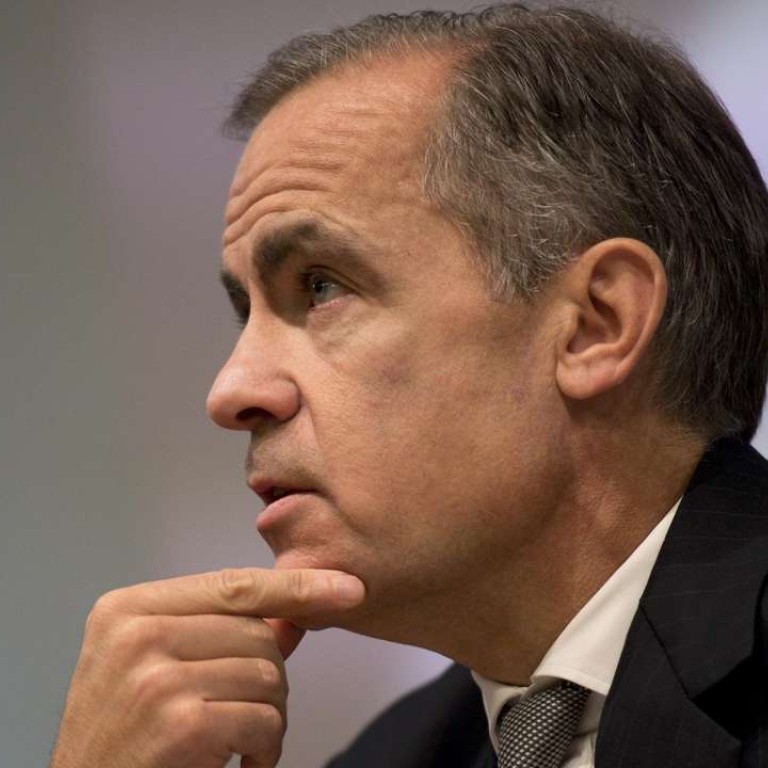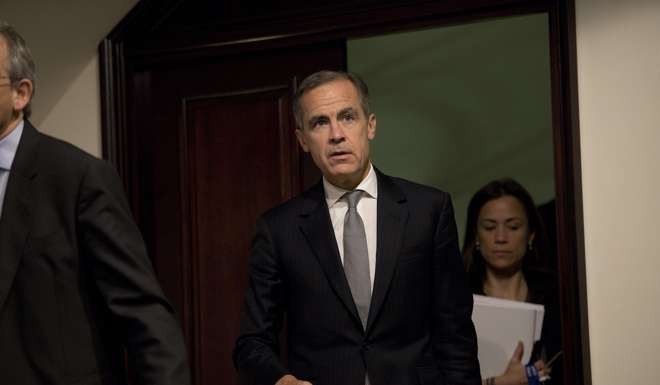
Bank of England’s Carney warns of strains from globalisation
Bank of England Governor Mark Carney warned on Monday that the openness of the world economy is endangered by growing frustration among many voters who feel they have lost out from globalisation.
Carney said that despite a rise in global living standards since the 1960s, many people in rich economies have associated the push to bring down barriers to trade and investment with low wages, insecure jobs, stateless companies and striking inequality.
“The combination of open markets and technology means that returns in a globalised world amplify the rewards of the superstar and the lucky,” Carney said in a speech at the Liverpool John Moores University. “Now may be the time of the famous or fortunate, but what of the frustrated and frightened?”
Britons’ frustrations with a decade of no earnings growth were widely considered to have been a factor behind their decision to leave the European Union, alongside concerns about immigration and a loss of sovereignty.
Carney warned about the risk of a return of protectionism in the global economy, a concern which has grown for investors since the victory of US President-elect Donald Trump.
“Turning our backs on open markets would be a tragedy, but it is a possibility. It can only be averted by confronting the underlying reasons for this risk upfront,” he said.
Carney said it was chiefly up to governments to help people cope with the consequences of the change and to get their economies growing more strongly through reforms, and he delivered a fresh defence of the BoE’s near-zero borrowing costs which have been the target of criticism from politicians.
The BoE’s actions softened the hit to Britain’s economy after the global financial crisis, easing the blow for poorer households who suffer most from recessions, he said.
“Has monetary policy robbed savers to pay borrowers? Has the MPC been Robin Hood in reverse? In a word, no,” Carney said.

In October, Prime Minister Theresa May said the BoE’s policy of cutting interest rates to just above zero and buying hundreds of billions of pounds’ worth of government bonds had “bad side effects” for savers who were poorer as a result.
Carney challenged that assumption in his speech on Monday, saying most people whose savings income had been hit by low rates had gained from a rise in value of assets.
He said data from Britain’s statistics office showed only 2 percent of households had savings of over 5,000 pounds ($6,355) but did not also own other financial assets or a home whose value was boosted by quantitative easing.
Carney repeated his view that the BoE was prepared to let British inflation run above its 2 percent target but said there were limits to tolerating the overshoot.
“The MPC is choosing a period of somewhat higher consumer price inflation in exchange for a more modest increase in unemployment,” he said. “There are limits, however, to the extent to which above-target inflation can be tolerated.”
Sterling has fallen by nearly 20 percent against the dollar over the past year, prompting the Bank to raise its forecasts for inflation, which it expects to peak at around 2.8 percent in early 2018.

